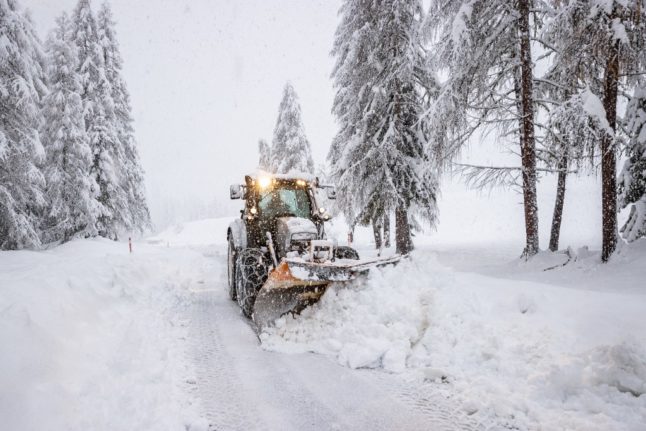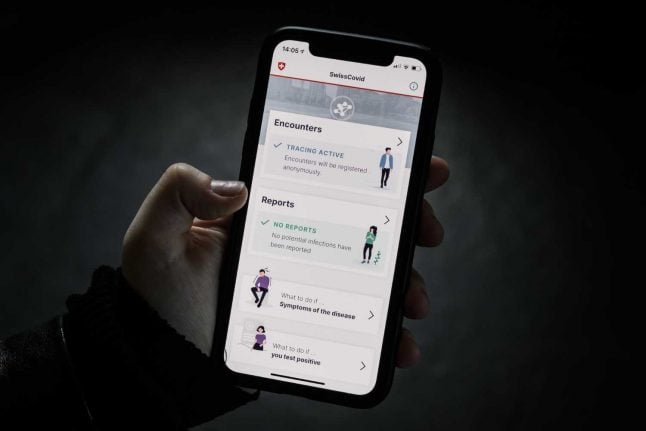Swiss Federal Railways / SBB / CFF
Everyone who uses trains and other forms of public transportation in Switzerland needs this app for ticketless travel.
Just like the Swiss army knife, this app is multi-functional: you can see the timetable, purchase tickets, find every connection that takes you from one point to another, and also see if a train or bus is delayed.
Comparis price finder app
Switzerland is notoriously expensive but this app from a well-known independent consumer site lets you find the best deals from 130 online shops in Switzerland.
It compares prices on electronics, household appliances, sports equipment, cosmetics, games, and other items.
Other apps from this source show best prices for housing and cars.
You can download all of them here.
Twint
If you live in Switzerland, you are probably familiar with this quick and convenient payment method.
Twint is a great tool when you want to transfer money from one person’s smartphone to another’s, to pay for a purchase in a shop, restaurant, or anywhere else.
Cashless payments in Switzerland: What is Twint and how does it work?
Practically all retailers in Switzerland offer the option of a Twint payment.
The only requirement is that you have a Swiss bank account.
Twint can be downloaded here.
Google Translate
Unless you are fluent in all of Switzerland’s national languages, you will need to look up words and phrases when you travel from one region to another.
It also includes an image option, allowing you to take a photo of a sign or other forms of written text and receive a translation in the language of your choice.
In a multi-lingual country like Switzerland, you want to make sure nothing is lost in translation.
Google Translate app.
MeteoSwiss
The National Meteorological Service app is useful to know if bad or dangerous weather conditions like heavy thunderstorms, winds or snowfall are predicted for your area, especially if you are planning trips or hikes.

Swiss Post Apps
This app lets you track consignments, write postcards, request stamps and do many other tasks from your smartphone that would normally require a trip to the post office and most likely standing in a queue.
App for iPhone.
For Android.
We left the best for last: The Local Switzerland app
If you have no time to sit down and read the Swiss news but must do it on the go, then this mobile application is right up your alley.
The app is available for iOs and Android and gives you access not only to Switzerland’s news but also to each of our nine European sites.
You can opt to receive curated push notifications for the countries you are most interested in. We only send alerts for breaking news and our most compelling content.





 Please whitelist us to continue reading.
Please whitelist us to continue reading.
Twint isn’t available to everyone, double check with your bank, especially if you’re American.